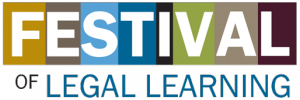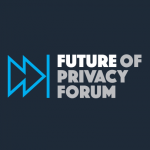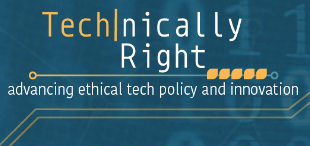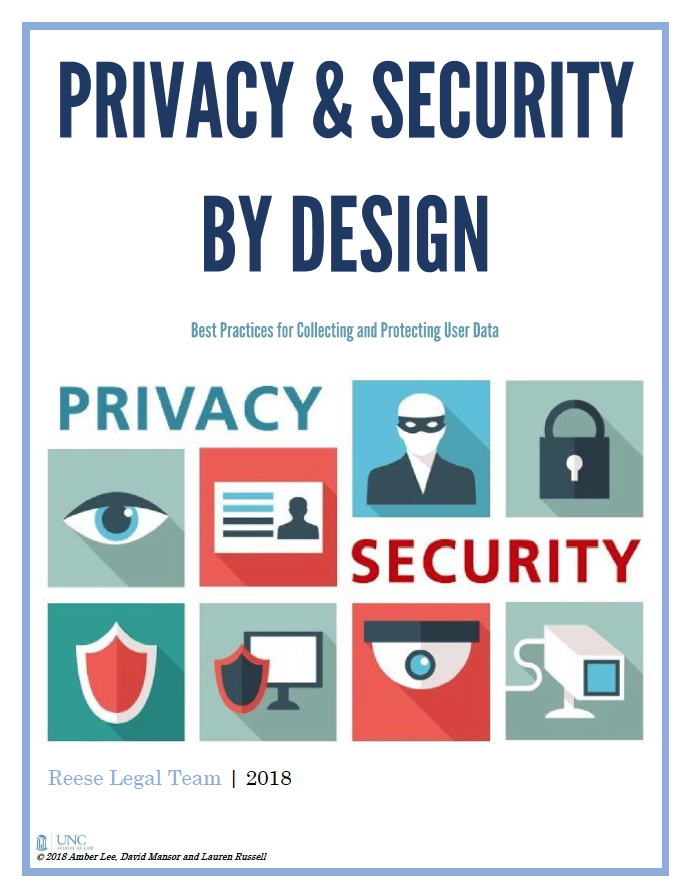 One of the biggest annual events at the UNC School of Law is the Festival of Legal Learning. This two-day convocation of legal geekery comprises 113 different continuing legal education (CLE) sessions and 152 speakers. For the past few years, the Center for Media Law and Policy has helped with the selection and coordination of sessions that cover Media Law and Intellectual Property subjects.
One of the biggest annual events at the UNC School of Law is the Festival of Legal Learning. This two-day convocation of legal geekery comprises 113 different continuing legal education (CLE) sessions and 152 speakers. For the past few years, the Center for Media Law and Policy has helped with the selection and coordination of sessions that cover Media Law and Intellectual Property subjects.
This year’s festival, which takes place on Feb. 8-9, will mark the 29th year of the program, and I feel confident in saying that we have more Media Law and IP sessions than we’ve ever had in the past. By my count, there are 16 sessions this year that touch on these topics, ranging from cybersecurity to recent developments at the Federal Communications Commission. And the list of speakers is a who’s who of the top media, entertainment, and IP lawyers in the state. You can see a list of these folks and descriptions of their sessions on our festival event page.
Here are just a few of the sessions available at the festival this year:
Friday, Feb. 8
- 8:00 AM – 9:00 AM + Hot Topics in Intellectual Property: Lessons Learned and Cases to Watch
- 8:00 AM – 9:00 AM + The GDPR: The Impact of EU Privacy Law on US Organizations
- 9:10 AM – 10:10 AM + Navigating a Watershed Privacy Law: California Consumer Privacy Act Forecast for 2019
- 9:10 AM – 10:10 AM + Revenge Porn – NC’s New Law and Resources to Assist Survivors
- 10:20 AM – 11:20 AM + Federal Privacy Legislation: Do We Need It? If So, What Should It Look Like?
- 10:20 AM – 11:20 AM + Municipal Broadband and the First Amendment
- 11:30 AM – 12:30 PM + Defining Privacy Harm for Standing in Federal Courts
- 2:40 PM – 3:40 PM + New Era in Music Licensing: The Music Modernization Act
- 3:50 PM – 4:50 PM + Cutting-Edge Topics in Cybersecurity Law
- 3:50 PM – 4:50 PM + Entertainment Law Hot Topics and Litigation Round-Up
- 5:00 PM – 6:00 PM + Open Source 101
- 5:00 PM – 6:00 PM + What Every Lawyer Should Know About eSports
Saturday, Feb. 9
- 8:00 AM – 9:00 AM + Peek into North Carolina Public Records
- 8:00 AM – 9:00 AM + When #Metoo Meets Defamation Law
- 10:20 AM – 11:20 AM + Recent Developments at the Federal Communications Commission
As an added bonus, if you stick around until the last session on Saturday (11:30 AM – 12:30 PM) you will get to see Mary-Rose Papandrea and me do a session on “The First Amendment and Social Media: What (If Any) Rules Apply?” We will be taking on some important questions, including: What role does big tech have in regulating our national conversation? What is the impact of digital censorship? And, in all of this, does the First Amendment have any bearing on social media platforms? This session will explore the intersection of free speech values, the First Amendment, and our growing reliance on major social media companies that wield an increasing amount of censorial power.
The Festival will take place at the William & Ida Friday Continuing Education Center at UNC-Chapel Hill from 8:00 a.m.—6:00 p.m. on Friday, Feb. 8, and 8:00 a.m.—12:30 p.m. on Saturday, Feb. 9. You can find a full list of available sessions in the program guide.
To register for the Festival, please visit their registration page.



 Tomorrow, I will be joining some fantastic colleagues at Duke University to discuss the legal and ethical issues associated with cyber searches and data privacy. The panel is part of the Kenan Institute for Ethics’s “
Tomorrow, I will be joining some fantastic colleagues at Duke University to discuss the legal and ethical issues associated with cyber searches and data privacy. The panel is part of the Kenan Institute for Ethics’s “ One of the biggest annual events at the UNC School of Law is the
One of the biggest annual events at the UNC School of Law is the 